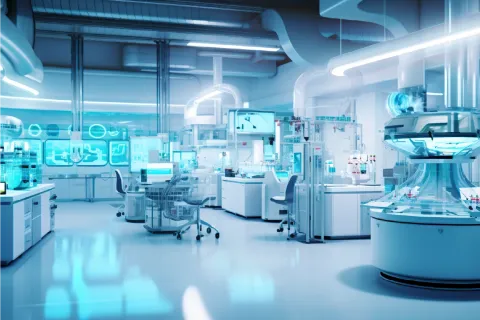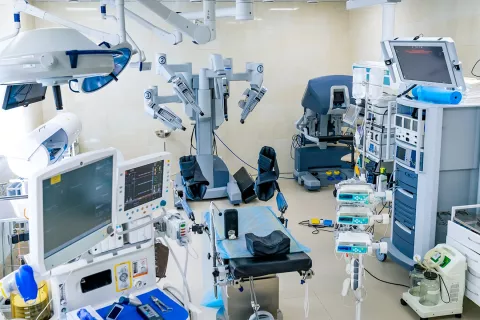
The importance of medical writing has been highlighted over the years in healthcare and, notably, for medical devices. We can say that the approval from the Regulatory agencies is predominantly dependent upon the medical writing of the medical devices, i.e., the scientific documents devised for the devices. Further, the continuous innovation in the medical device industry has simultaneously strengthened and changed the scope of medical writing. Given the increasing complexities in the current scenario, medical device manufacturers face considerable challenges while placing the devices on the market. Some of the key challenges are listed below:
Changing Dynamics of Regulations
The most frequently occurring challenge is keeping pace with the changing Regulatory framework. One of the best instances would be the implementation of European Union Medical Devices Regulations (EU MDR) 2017/745 and In Vitro Diagnostic Devices Regulations (EU IVDR) 2017/746. With the implementation of these regulations, the scope of data and scientific document requirements have changed significantly. One such example is the introduction of the Clinical Development Plan (CDP) in the Clinical Evaluation Plan (CEP).
Another such highlight is the Post-market Surveillance (PMS) system. The post-market surveillance system incorporates drawing up PMS plans, reports, vigilance reports, Periodic Safety Update Reports (PSUR) submissions, and post-market clinical/ performance plans/reports are new requisites under the EU MDR/IVDR Regulatory framework. Ensuring regular training for medical writers and staying relevant is a must to be successful.
- Scarcity of Medical Writers
Finding a qualified medical writer specifically for Regulatory writing is incredibly difficult in the present day. In addition to expertise in Regulatory compliance, a medical writer must be able to succinctly and effectively display and present data. Medical writers must be able to understand the technical aspects of the device, such as its design, components, safety features, and efficacy. A possible approach to overcoming this issue is to increase the diversity of medical writers employed, alternatively, outsource medical writers. - Quality Assurance
The quality of the documents submitted for Regulatory approval must be high. Ensuring that all the documents are accurate, clear, and consistent is quite challenging in order to meet the necessary quality standards. The key solution is to go under frequent reviews of the documents and revise them accordingly. - Time Constraints
Regulatory approvals often come with tight deadlines and limited time for review and revision. It is crucial to quickly identify and address potential issues with the submitted documents to meet the required timeline. Conventional Approach
One of the often-overlooked aspects of the medical writing space is the conventional vision towards the same, leading to failure to draw up accurate documents. Medical writing is still limited to adding the given data, writing skills, and formatting documents. But with the changing scenarios, sticking to the old approaches will not yield a fruitful result. In addition to the pointers mentioned above, the other aspects one should look at are effective data analysis, interpretation, and overall designing of the entire process per the needs. One of the approaches to tackle this obstacle can be exploring different medical writing techniques, such as using more visual elements. Adopting a more creative and collaborative approach to medical writing can help ensure that documents are accurate and engaging.
In conclusion, medical writing is a complex and challenging process that requires expertise and knowledge of Regulatory compliance, technical aspects of the device, and creativity. To successfully navigate these challenges, manufacturers must ensure that their medical writing team is adequately trained and equipped with the necessary skills, use a collaborative approach to document creation and keep up with the changing Regulatory landscape.
With superior Regulatory expertise, Freyr has tackled these challenges and complexities over several years. Do you require any assistance in medical writing for your devices? Consult Freyr today!









